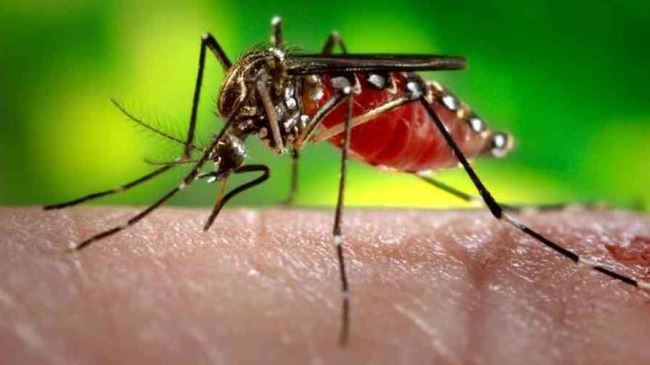New York, 2 Rabiul Awal 1436/24 December 2014 (MINA)- Climate change and city growth increase the threat of dengue virus outbreaks in large parts of the world’s vulnerable countries, a study shows.
Dengue vulnerability is rising due to global warming and urbanization in West and Central Africa, South America and Europe, according to a research by the United Nations University.
The first-ever maps of dengue vulnerability, which were published on Tuesday (23/12), warn that dengue may spread to some areas in West and Central Africa due to poor sanitation and drinking water quality as well as insufficient healthcare coverage.
“Changes to climate could result in increased exposure and pose a serious threat to areas that do not currently experience endemic dengue,” the research said, Press TV quoted by Mi’raj Islamic News Agency (MINA) as reporting.
Also Read: Academic Boycott of Israel Doubles Despite End of Gaza War
As the earth warms, dengue could spread to large parts of Europe and mountainous regions of South America which are now too cold to sustain mosquito populations, the study added.
Dengue fever, which is a mosquito-borne tropical disease, is caused by the dengue virus with the symptoms of fever, headache, muscle and joint pains, and a characteristic skin rash that is similar to measles.
Dengue has become a global problem since the Second World War and is endemic in more than 110 countries.
While no vaccine has been developed for dengue, the disease kills about 20,000 people each year and infects up to 100 million, according to the World Health Organization (WHO). (T/P010/R03)
Also Read: Trump, Mamdani Aim for Cooperative Relationship After White House Meeting
Mi’raj Islamic News Agency (MINA)
Also Read: Trump to Meet with NYC Mayor-Elect Mamdani at White House on Friday

































 Mina Indonesia
Mina Indonesia Mina Arabic
Mina Arabic